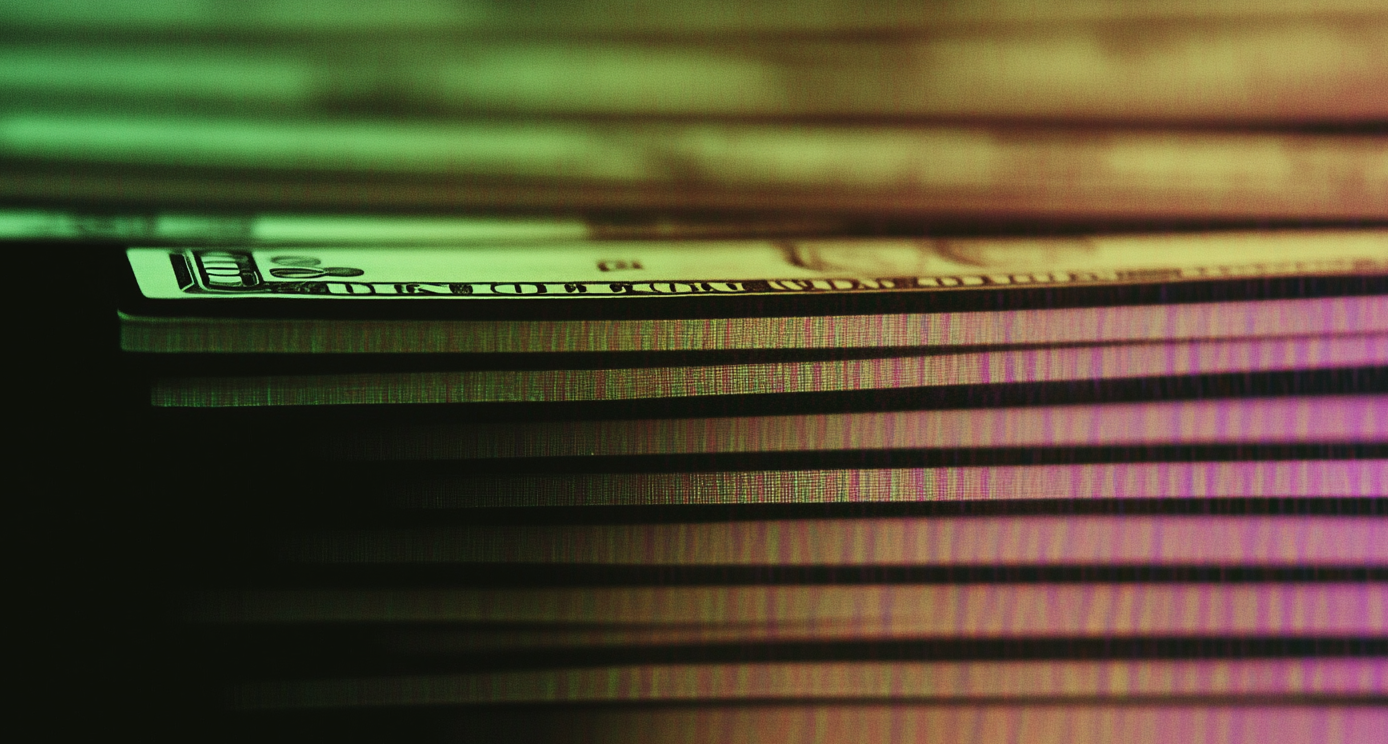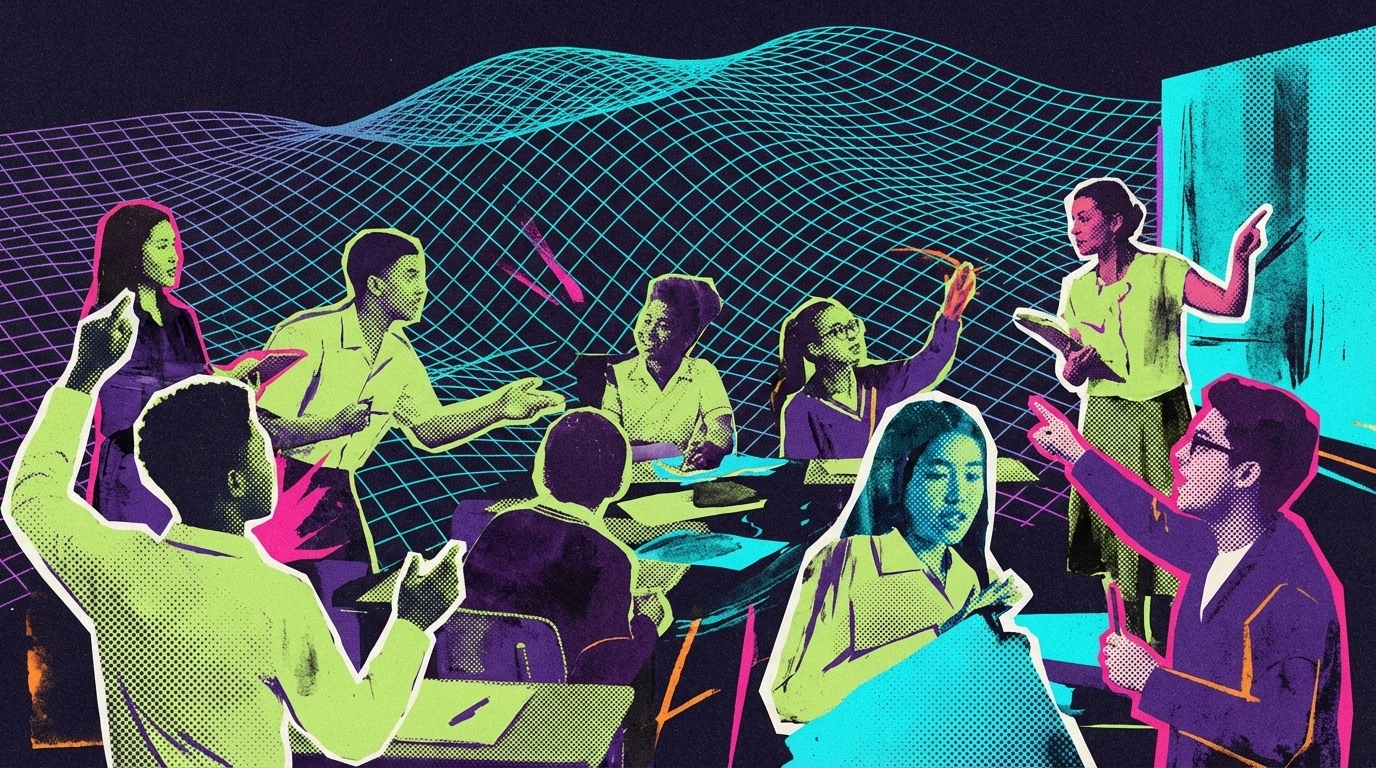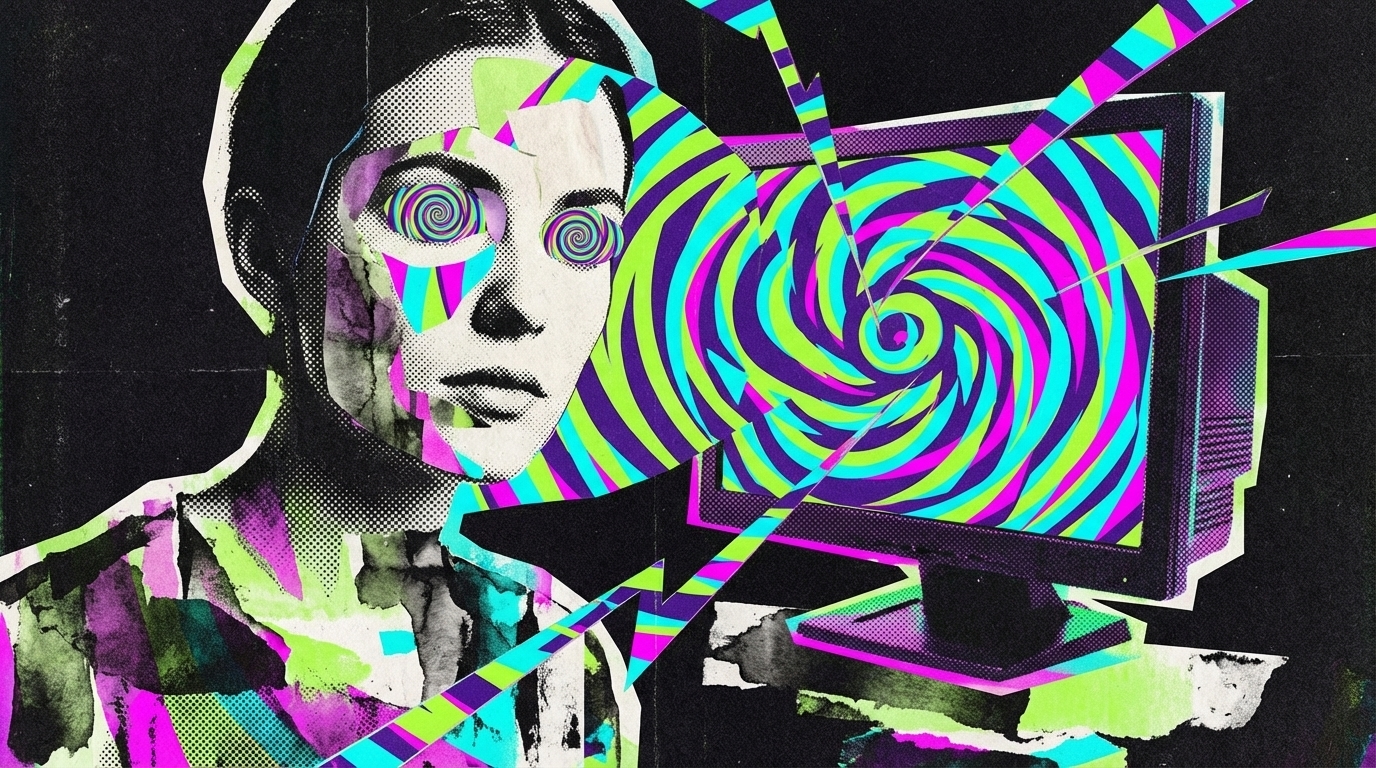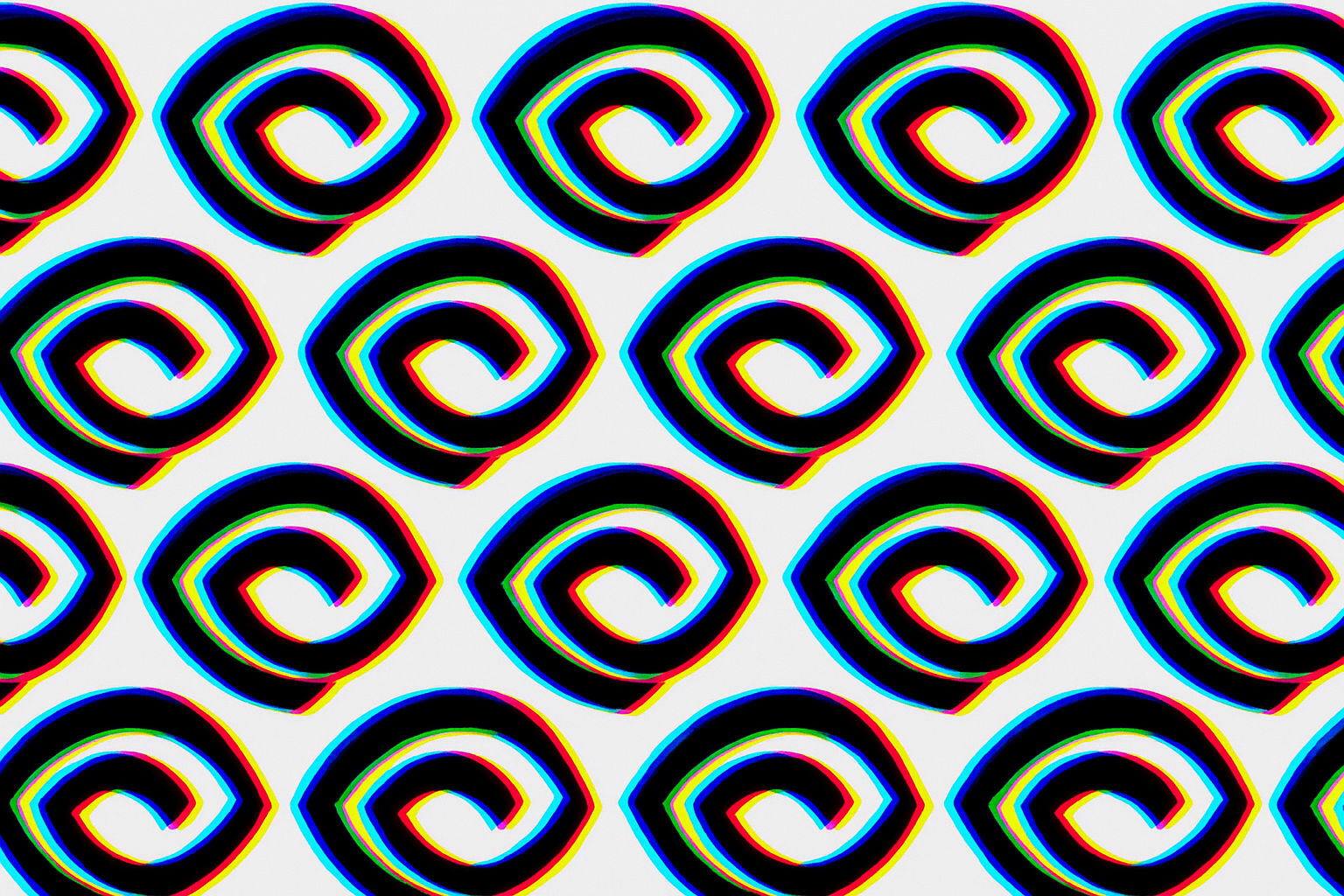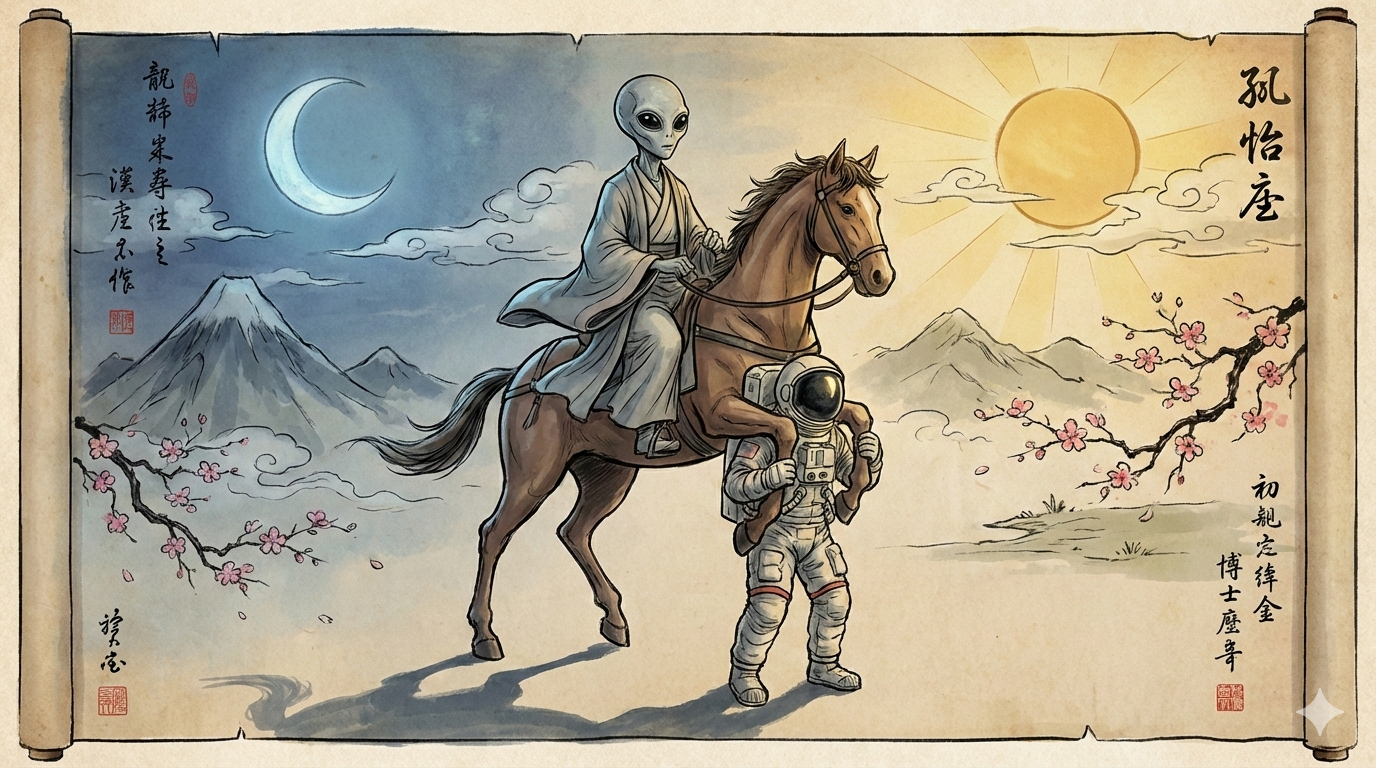Read full article about: AI infrastructure expansion drives massive debt across major tech partners
A new Financial Times analysis found that several OpenAI partners have taken on roughly 96 billion dollars in debt to fund data center and chip expansion. The list includes major players like Oracle and Softbank, along with specialized providers such as Coreweave. According to the report, Coreweave's liabilities and lease obligations far exceed its expected annual revenue of five billion dollars.
The borrowing isn't limited to a few companies. Bank of America says the five largest tech firms, including Amazon and Microsoft, have issued 121 billion dollars in new debt this year - about four times their usual annual average. Deutsche Bank also reports rising credit default swap costs for companies like Oracle, pointing to growing concern among lenders and investors.
Read full article about: OpenAI rejects ChatGPT's blame for teen's suicide
OpenAI has rejected the lawsuit filed by the family of 16-year-old Adam Raine, saying the company is not responsible for the teenager's suicide. In a court filing on Tuesday, the company argued that Raine misused ChatGPT in ways that violated its terms of use and intentionally worked around the system's safety filters. According to OpenAI's lawyers, the model pointed him to support resources more than 100 times, but Raine repeatedly disguised his intentions to bypass those warnings. The family and their attorney, Jay Edelson, claim the situation unfolded differently, accusing the company of releasing the heavily criticized GPT-4o model despite concerns about flattery and safety. One OpenAI developer recently described the model as "insufficiently aligned" when interacting with users.
In a blog post, OpenAI said it intends to handle the case respectfully but will have to reveal "difficult facts" about Raine's mental health as part of its defense. The company says the plaintiffs cited only selected chat excerpts, prompting OpenAI to submit the full, sealed transcripts to the court.
Read full article about: Google Cloud aims to capture ten percent of Nvidia's annual revenue with TPUs
Google is in talks with Meta and several other companies about letting them run Google's TPU chips inside their own data centers, according to a report from The Information. One person familiar with the discussions said Meta is considering spending billions of dollars on Google TPUs that would start running in Meta facilities in 2027. Until now, Google has only offered its TPUs through Google Cloud.
The new TPU@Premises program is Google's attempt to make its chips a more appealing alternative to Nvidia's AI hardware. According to someone with knowledge of internal comments, Google Cloud executives have said the effort could help the company reach ten percent of Nvidia's annual revenue. Google has also built new software designed to make TPUs easier to use.
Comment
Source: The Information
Read full article about: Major insurers seek to exclude AI-related risks from corporate policies
Several large insurers, including AIG, Great American, and WR Berkley, have filed requests with U.S. regulators to exclude AI-related risks from their corporate insurance policies, according to the Financial Times. The companies warn that generative AI systems like chatbots and AI agents could expose them to billions of dollars in liability claims.
WR Berkley reportedly proposed an exclusion that would apply to any claim resulting from the use of AI in any form. AIG told Illinois insurance regulators that generative AI represents a broad and far-reaching technology and that related claims are likely to increase in the future.
Insurers point to recent lawsuits as evidence of the problem. Wolf River Electric sued Google for at least $110 million, alleging that the company’s AI-generated overview spread false statements. In another case, a court ordered Air Canada to honor a discount price its customer service chatbot had invented.
Kevin Kalinich, a managing director at Aon, said the insurance industry could handle a single $400 million loss but not 1,000 or 10,000 correlated claims caused by an error from one AI provider.
Read full article about: The White House has paused a federal order that would have overridden state-level AI regulations
The White House has reportedly put a hold on a draft executive order that would have let federal law override state-level AI regulations. According to Reuters, the draft called for the Department of Justice, led by Pam Bondi, to form a task force that could challenge states with stricter AI rules. The plan would have shifted full authority for AI legislation to the federal government. Critics warned that this approach threatened consumer protections and states' rights.
The move comes as Donald Trump continues pushing broad deregulation in the AI sector following his return to office in early 2025. The debate has intensified since early October, when California passed SB 53, the country's first comprehensive safety and transparency law for major AI companies. Google, OpenAI, and other tech firms have backed nationwide rules, arguing that a patchwork of state laws would slow innovation.
